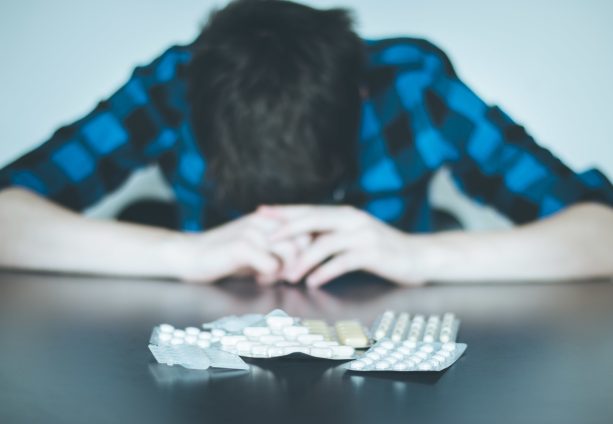What Does Detoxing From Opiates Entail?
- Evaluation Upon Check-In
- Personalized Treatment
- Finding Follow-Up Treatment
Long-term abuse and addiction to opiates is hazardous to both your physical and mental health, let alone the impact it can have on your personal and professional life. When you go to a professional opiate detox center, you’re allowing the opiates to work their way out of your system so you can quit the drug. However, many people are afraid of detoxification because it involves withdrawal symptoms.
As you become dependent on opiates, quitting them produces distressing effects. That’s why it’s essential to seek out a medically supervised detox like what we provide. Not only do we give 24-hour-a-day monitoring to ensure your safety during the process, but we also have methods to mitigate the effects of withdrawal. We make sure you feel cared for and supported throughout the entire detox. Here are some things you can expect if you’ve never gone through detox before.
When you arrive, we must understand your condition, so we can create a plan of action to help you through detox. We’ll begin with an evaluation given by either a psychiatrist or a psychiatric nurse practitioner. It will determine your level of addiction and where you are in the withdrawal process, as well as assess your mental health.
Many patients struggle with co-occurring disorders, which are psychiatric symptoms covered up by addiction. In this case, we would provide dual-diagnosis treatment. During your evaluation, we will be able to ascertain if you fall into this category and thus come up with an individualized treatment plan.
During your time with us, we will establish an individualized opiate detox program to help make you comfortable and get you on the road to recovery. Your plan may include medications for any mental health conditions we find or therapy sessions to address problem areas that contributed to your addiction.
After years of addiction treatment, we understand that no two people are the same, so we personalize every detox program to meet each individual’s needs and goals. However, the chief priority is seeing you through the withdrawal process so you can get opiates out of your system. Everyone is different, which means that there is no guaranteed timeline for completion of detox. However, most find that their withdrawal symptoms fade within three weeks.
Without follow-up treatment after detox, many patients relapse and slip back into opiate addiction. That’s why we encourage our guests to find some sort of care after their time with us, which could include addiction meetings, counseling or
. These programs help you identify the stressors that led to addiction and give you strategies to overcome future temptation.








